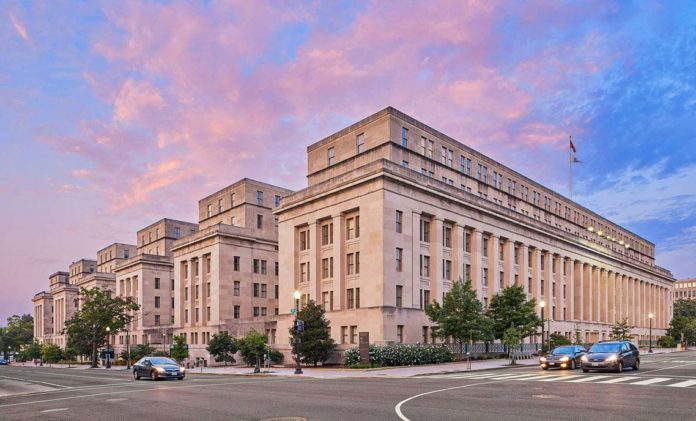WASHINGTON, D.C. – The Department of the Interior announced a $121 million investment from President Biden’s Investing in America agenda to help tribal communities prepare for the most severe climate-related environmental threats to their homelands. This is the largest amount of annual funding awarded to tribes and tribal organizations in the history of the Bureau of Indian Affairs’ Tribal Community Resilience Annual Awards Program, with 96 tribes and 10 tribal organizations receiving funding for 124 projects.
This investment from the Inflation Reduction Act, Bipartisan Infrastructure Law, and annual appropriations will help tribes proactively plan for and adapt to climate-related threats and safely relocate critical community infrastructure, where tribes determine that is necessary.
“Indigenous communities face unique and intensifying climate-related challenges that pose an existential threat to tribal economies, infrastructure, lives and livelihoods,” said Secretary Deb Haaland. “Through President Biden’s Investing in America agenda, we have made transformational commitments to assist tribes and tribal organizations as they plan for and implement climate resilience measures, upholding our trust and treaty responsibilities and safeguarding these places for generations to come.”
“Today, we are not just investing in projects; we are investing in the future of our tribal communities,” said Assistant Secretary for Indian Affairs Bryan Newland. “The Biden-Harris administration recognizes the vital role that Indigenous knowledge and leadership play. These awards are a downpayment on a more sustainable and resilient future for Native communities across the country.”
The announcement includes $17.1 million from the Bipartisan Infrastructure Law, $79.8 million from the Inflation Reduction Act, and $24.2 million from fiscal year 2024 annual appropriations. This historic funding also advances the Biden-Harris administration’s Justice40 Initiative, which sets the goal that 40 percent of the overall benefits of certain federal investments flow to disadvantaged communities that are marginalized by underinvestment and overburdened by pollution. Federally recognized tribes, including Alaska Native villages, are considered disadvantaged communities, whether or not they have land.
The Tribal Climate Resilience Annual Awards Program supports both planning and implementation projects, including for climate adaptation planning, community-led relocation, managed and partial relocation, protect-in-place efforts, ocean and coastal management, and habitat restoration and adaptation.














































